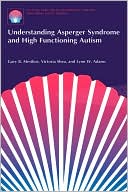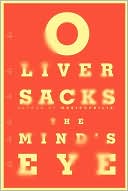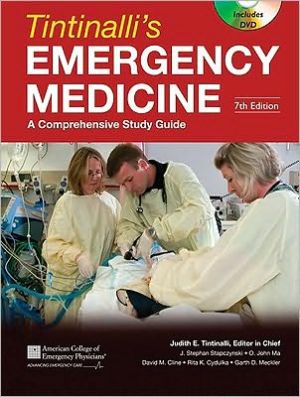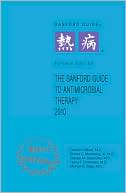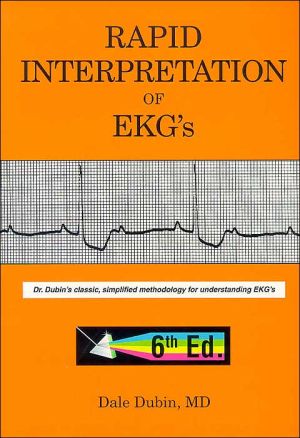Understanding Asperger Syndrome And High Functioning Autism
Search in google:
This volume, the first in the series, explores the high-functioning group of people within the spectrum of autism disorders. It is the culmination of over a decade of clinical work and research, including the most current information available about this group. This book explores: -the history of high-functioning autism; -diagnosis of the disorder; -assessment; and -treatment for the individual and their families. Written in a style that is accessible to both seasoned clinicians and concerned lay persons, Understanding Asperger Syndrome and High-Functioning Autism is a unique resource. Digby Tantam Contemporary Psychology The recognition that people with Asperger Syndrome differ from each other and have an individual profile of impairments and needs is a relatively recent one in professional circles. Less has been written about psychological assessment and much less has been written about intervention. This books's attention to both will be welcomed by parents and sufferers, as well as professionals.
1Asperger Syndrome/High Functioning Autism1History5Kanner's Original Paper6Asperger's Original Paper7Similarities Between Kanner and Asperger9Biases, Cultural Norms, and Referral Samples10Differences Between Kanner's and Asperger's Descriptions12Other Names for Similar Groups13Asperger Syndrome Before Wing's Paper15Wing's Contributions17Other Early Reports of Higher Functioning Autism20The Role of the DSM212Diagnosis and Classification25Common Elements in DSM-IV Criteria for Asperger Syndrome and Autism27Primary Difference in DSM-IV Criteria for Asperger Syndrome and Autism30Additional Aspects of AS in DSM-IV32Current Perspectives on the Relationship of Autism and AS34Diagnosis of Related Disorders383Psychological Assessment of Asperger Syndrome45Goals of Psychological Assessment47Psychological Assessment Procedures49Summary of Recommendations for Assessment68After the Assessment694Interventions73Theoretical Foundations of the TEACCH Structured Teaching Method for Autism Spectrum Disorders74Implications of AS/HFA for Designing Interventions76Additional Principles of Intervention83Age-Specific Interventions855Final Thoughts109The Autism Spectrum109Divisions Within the Autism Spectrum109What Is in a Name?112Epilogue113References115Index125
